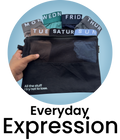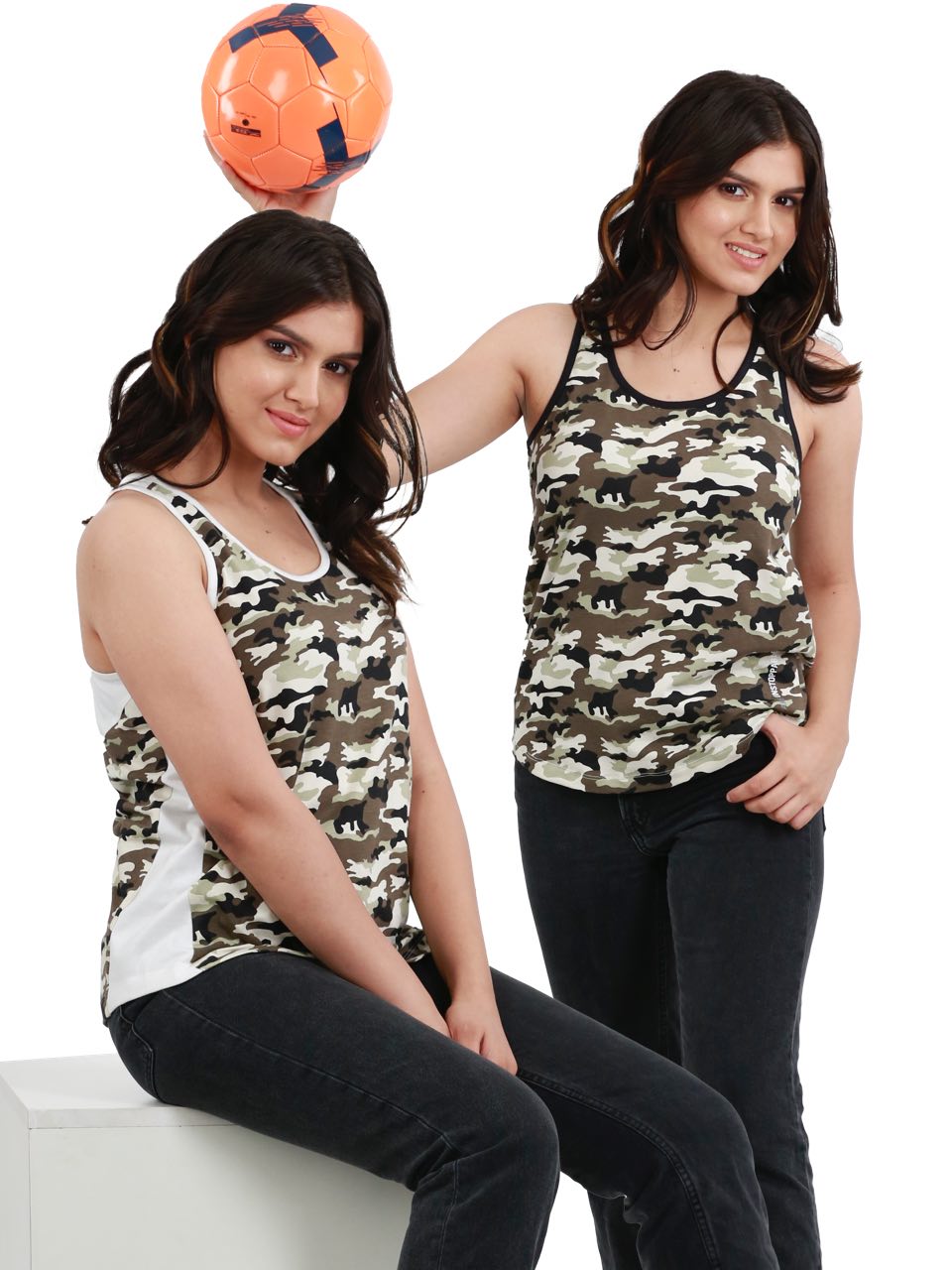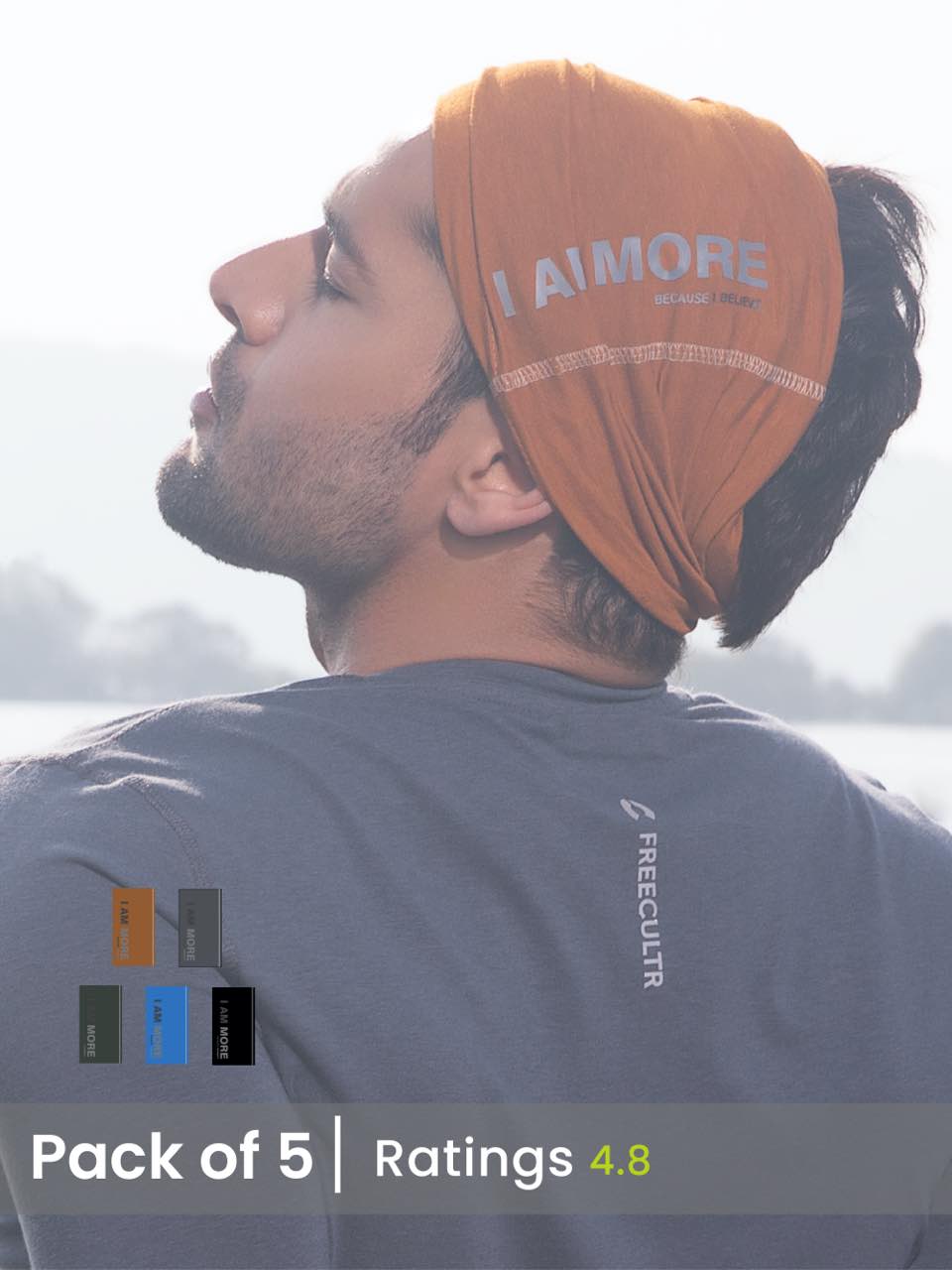Ever wonder why some t-shirts feel like a warm hug that lasts, while others resemble sandpaper after a single wash? The secret lies within the interplay of soft cotton and durable fabric construction. Today's performance tees, for example, often blend cotton with polyester or rayon to boost moisture-wicking capabilities, a key trend in activewear. We'll explore how different cotton types, like ring-spun or combed cotton, impact softness. Delve into the weaving techniques that dictate a tee's resilience against shrinkage and wear. Understanding these elements empowers you to choose t-shirts that not only feel good but also stand the test of time, reflecting both comfort and value.

The Allure of Cotton: A Deep Dive
Cotton. The very word evokes images of fluffy fields and soft, breathable fabrics. But what makes cotton so special, particularly when it comes to tees? The answer lies in its inherent properties. Cotton is a natural fiber derived from the seedpod of the cotton plant. Its popularity stems from several key characteristics:
- Softness The natural structure of cotton fibers makes them incredibly soft against the skin. This is due to the fiber's convolutions, which create a greater surface area and a softer feel.
- Breathability
- Absorbency Cotton is highly absorbent, capable of soaking up moisture without feeling damp. This makes it ideal for activewear and everyday wear.
- Affordability
But, not all cotton is created equal. Different types of cotton, such as Pima, Egyptian. Organic cotton, offer varying levels of quality and performance. We'll delve into these distinctions later.
Understanding Fabric Durability: Beyond the Fiber
While cotton's inherent qualities contribute to a tee's comfort, durability is equally crucial. A soft tee that falls apart after a few washes is hardly a worthwhile investment. Fabric durability is determined by several factors, including:
- Fiber Length Longer cotton fibers, like those found in Pima and Egyptian cotton, create stronger and more durable yarns. These yarns are less prone to pilling and breakage.
- Yarn Construction
- Fabric Weave The weave pattern also plays a role. Tightly woven fabrics, such as jersey or interlock knits, are generally more durable than looser weaves.
- Finishing Processes
It's vital to consider these factors when assessing the durability of a cotton tee. A tee made from long-staple cotton, spun into ring-spun yarn. Woven into a tight knit will likely be more durable than a tee made from short-staple cotton, spun into open-end yarn. Woven into a loose knit.
Types of Cotton: A Comparative Overview
As noted before, different types of cotton offer varying levels of quality and performance. Here's a comparison of some of the most common types:
| Type of Cotton | Fiber Length | Characteristics | Pros | Cons |
|---|---|---|---|---|
| Upland Cotton | Short to Medium | Most common type, accounts for the majority of cotton production. | Affordable, readily available. | Less soft and durable than other types. |
| Pima Cotton | Extra-Long Staple | Known for its exceptional softness, strength. Luster. | Extremely soft, durable, resists pilling. | More expensive than Upland cotton. |
| Egyptian Cotton | Extra-Long Staple | Similar to Pima cotton, prized for its luxurious feel and durability. | Very soft, strong. Absorbent. | Often more expensive than Pima cotton, susceptible to mislabeling. |
| Organic Cotton | Variable (can be Upland, Pima, or Egyptian) | Grown without the use of synthetic pesticides or fertilizers. | Environmentally friendly, often softer than conventionally grown cotton. | Can be more expensive than conventionally grown cotton, requires certification. |
Choosing the right type of cotton depends on your priorities. If you prioritize affordability, Upland cotton may be a good choice. If you value softness and durability, Pima or Egyptian cotton are excellent options. And if you're concerned about environmental impact, organic cotton is a sustainable alternative.
Yarn Spinning Techniques: Impact on Fabric Quality
The way cotton fibers are spun into yarn significantly impacts the final fabric's quality and durability. Here's a look at some common yarn spinning techniques:
- Ring-Spun This process twists and thins the cotton fibers, creating a stronger, smoother. More durable yarn. Ring-spun cotton is known for its soft feel and resistance to pilling.
- Open-End Spun
- Combed Cotton This process removes short fibers and debris from the cotton before spinning, resulting in a smoother and more uniform yarn. Combed cotton is often used in higher-quality fabrics.
When selecting a cotton tee, look for labels that indicate the yarn spinning technique. Ring-spun and combed cotton are generally indicators of higher quality and durability.
Fabric Weaves: The Foundation of a Durable Tee
The way the cotton yarn is woven or knitted together to create fabric also affects its durability and performance. Some common fabric weaves used in tees include:
- Jersey Knit This is the most common type of knit used for tees. Jersey knit is a single-knit fabric that is soft, stretchy. Breathable.
- Interlock Knit
- Rib Knit This knit has vertical ribs that provide stretch and recovery. Rib knit is often used for neckbands and cuffs.
- Pique Knit
For a durable tee, look for tightly woven fabrics such as interlock knit or a high-quality jersey knit. Avoid loosely woven fabrics that are prone to snagging and tearing.
Real-World Applications: Fashion & Comfort in Everyday Life
The combination of soft cotton and durable fabric in tees makes them a versatile wardrobe staple for various real-world applications. The balance of Fashion & Comfort is key.
- Everyday Wear A well-made cotton tee is comfortable and breathable, perfect for casual outings, running errands, or lounging at home.
- Activewear
- Layering A cotton tee can be layered under jackets, sweaters, or button-down shirts for added warmth and style.
- Customization
Beyond these practical applications, the choice of a cotton tee can also reflect personal style and values. From classic crewnecks to trendy graphic tees, there's a cotton tee to suit every taste and occasion. Moreover, choosing organic or sustainably sourced cotton supports ethical and environmentally responsible practices within the fashion industry. A quality tee can be a statement of Fashion & Comfort.
Care and Maintenance: Extending the Life of Your Cotton Tee
Proper care and maintenance are essential for maximizing the lifespan of your cotton tee. Here are some tips to keep your tee looking its best:
- Wash in cold water Cold water helps to prevent shrinking and fading.
- Turn inside out
- Use a mild detergent Harsh detergents can damage the cotton fibers.
- Avoid bleach
- Tumble dry on low heat High heat can cause shrinking and damage.
- Iron on low heat
- Store properly Store the tee folded or hung to prevent wrinkles.
By following these simple care tips, you can extend the life of your cotton tee and enjoy its softness and durability for years to come.
Conclusion
So, you now know the score when it comes to tees: soft cotton and durable fabric are your best friends! But don’t just take my word for it; put it into practice. I used to grab any old tee. After learning about fabric quality, I noticed a massive difference in comfort and how long my shirts lasted. Now, before buying, I always check the label for 100% cotton or a high cotton blend, especially with the rise of sustainable and organic cotton options. For instance, I recently invested in a tee made from organic cotton. It feels incredibly soft and breathable – perfect for summer! Embrace this knowledge and be a savvy tee shopper. You deserve comfort and quality that lasts. Invest in tees that feel good and stand the test of time. You'll be rocking stylish, comfortable outfits for years to come. You got this!Here is a useful link for shopping of sustainable tees: Patagonia organic cotton
More Articles
Tank Top for Women – Flattering Fit & Lightweight DesignWomen's Tank Top – Built-In Bra & Moisture-Wicking
Bandana for Men – Versatile Style & Sun Protection
Bandana – Vibrant Prints & Multi-Purpose Use
FAQs
Okay, so what exactly makes a cotton tee 'soft' and 'durable' at the same time? Seems kinda contradictory!
Good question! It's all about the cotton type and how it's processed. Think of it like this: long-staple cotton fibers (like Pima or Egyptian) are naturally smoother and stronger than shorter ones. Plus, things like ring-spinning and combing the cotton remove impurities and create a more uniform, durable. Yes, softer yarn. It's a whole process. The result is a tee that feels great and lasts.
Will a soft cotton tee shrink after I wash it? That's my biggest fear!
Shrinkage is definitely a concern! Look for tees that are pre-shrunk. That helps a lot. Also, washing in cold water and avoiding the dryer (or using a low heat setting) will minimize shrinking. Hot water and high heat are shrinkage enemies #1 and #2!
Are all 'soft cotton' tees created equal? I bought one once that was not soft.
Definitely not! The term 'soft cotton' is used pretty loosely. Like I mentioned before, the type of cotton and the manufacturing process make a huge difference. Cheaper tees might use lower quality cotton and less advanced techniques, resulting in a coarser feel. Read reviews and look for specific terms like 'ring-spun' or 'long-staple' to get a better sense of the quality.
How can I make my favorite soft cotton tee last longer?
Treat it with love! Wash inside out to protect the color and avoid harsh detergents or bleach. As mentioned before, cold water is your friend. Air drying is ideal. If you must use a dryer, keep it on low. And maybe don't wear it while wrestling bears. Just a suggestion.
What's the deal with different cotton weights? What's 'better'?
Cotton weight is measured in ounces per square yard. Heavier weight tees (like 6oz or more) tend to be more durable and structured, while lighter weight tees (like 4oz or less) are often softer and more breathable. Neither is 'better,' it just depends on what you're looking for. A heavier weight tee might be good for work or outdoor activities, while a lighter weight tee is great for lounging or layering.
Okay, so where should I even start looking for a good quality, soft. Durable cotton tee?
Start by checking out brands known for using high-quality materials and construction. Read online reviews. Look for descriptions that mention the type of cotton (Pima, Egyptian, Supima), the spinning method (ring-spun, combed). The weight of the fabric. Don't be afraid to spend a little more upfront – a well-made tee will last much longer and be worth the investment in the long run. Some retailers also offer sample packs or easy returns, so you can try before you fully commit.
Are these soft cotton tees only for casual wear, or can I dress them up?
Definitely versatile! A plain, well-fitting soft cotton tee can be dressed up with a blazer, a nice necklace. Tailored pants or a skirt. The key is the fit and the quality of the tee. Avoid anything too baggy or see-through if you're going for a more polished look.





